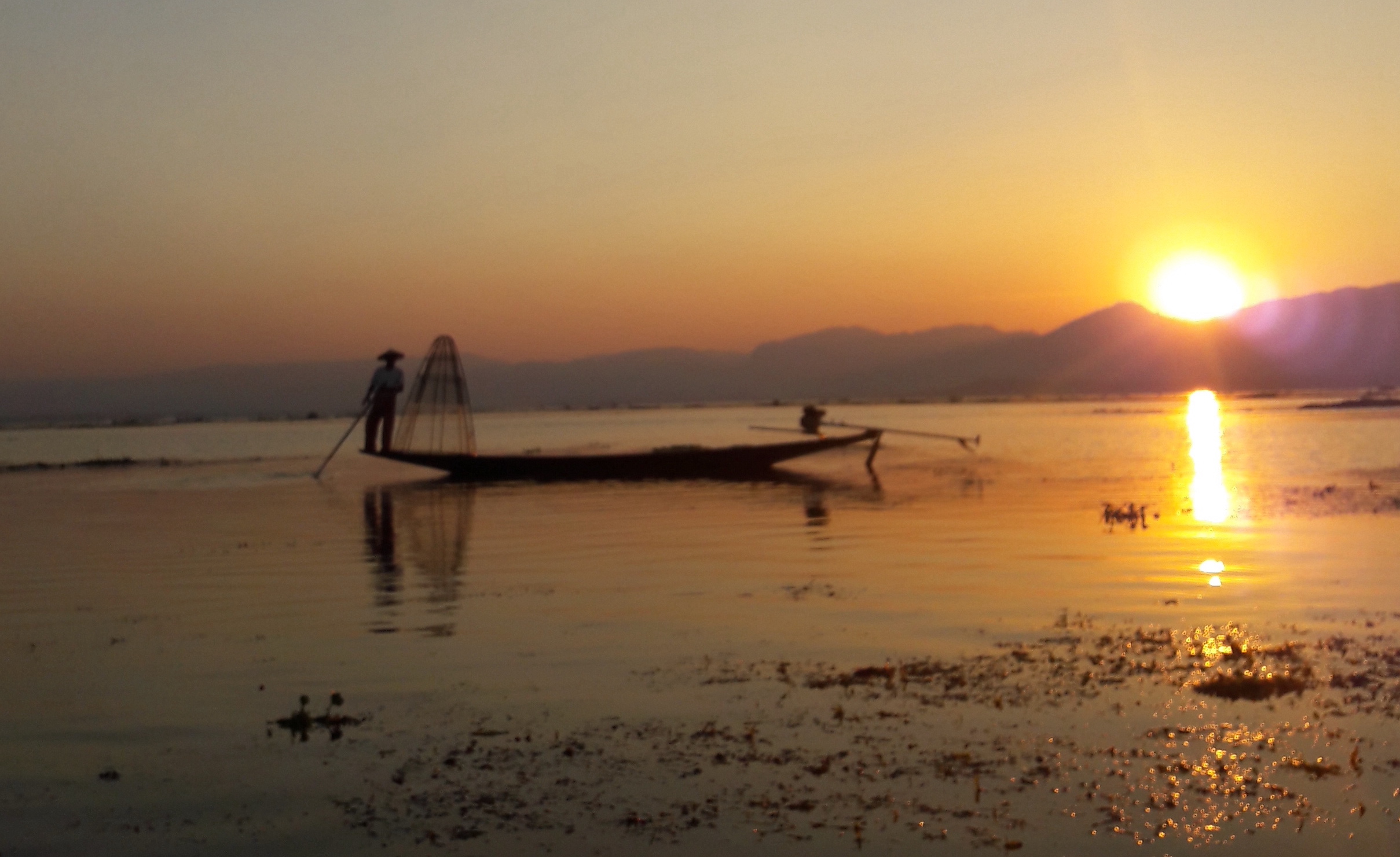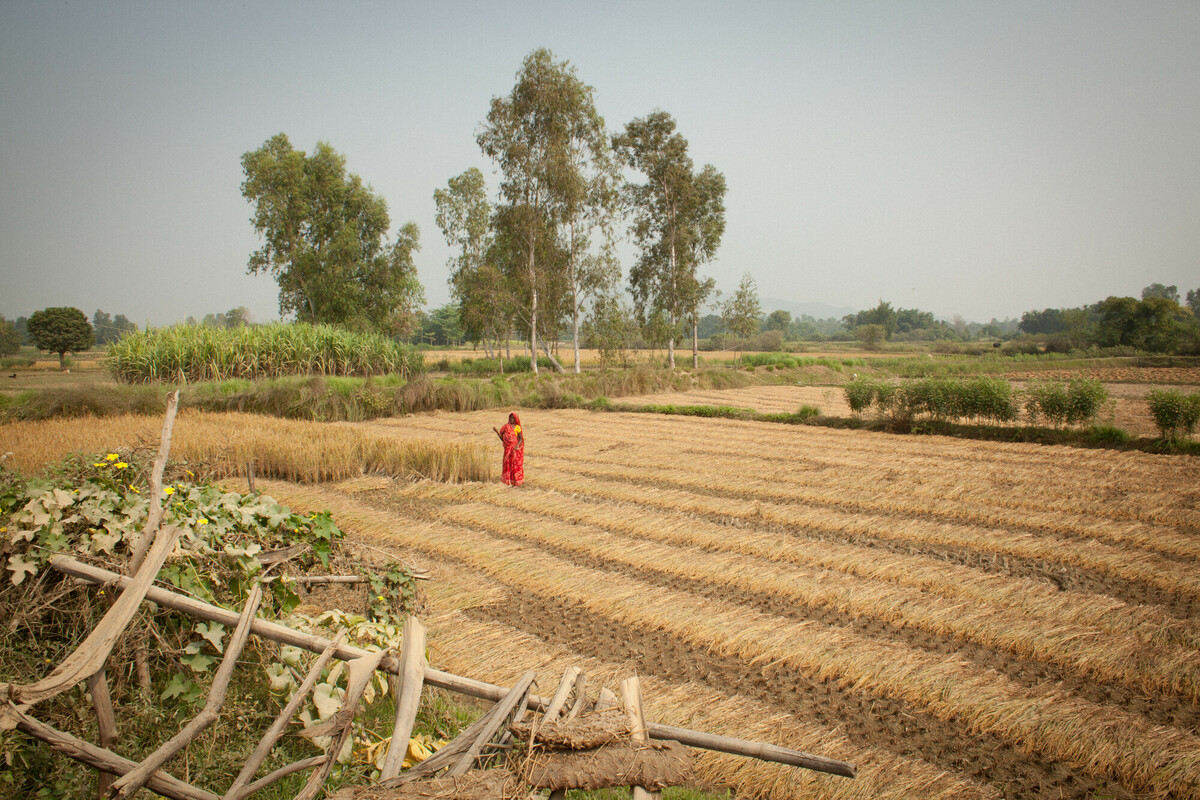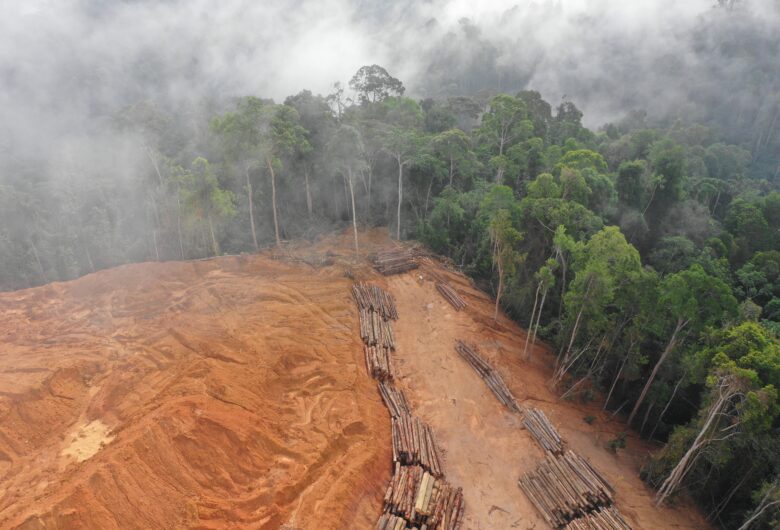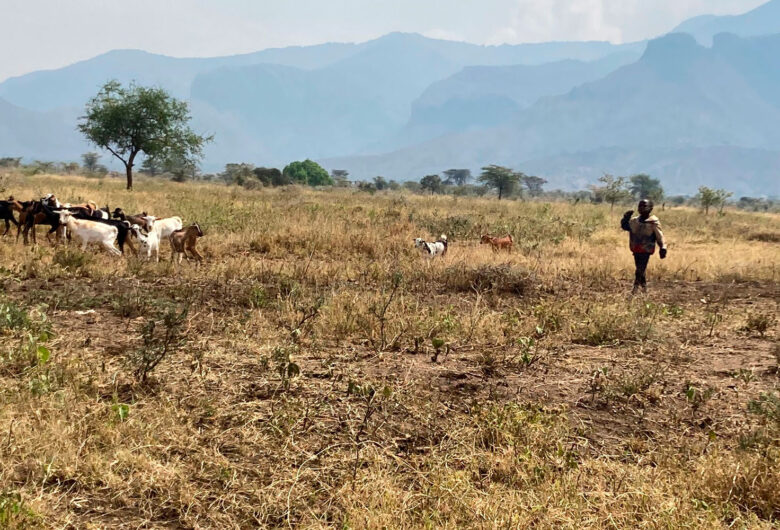
Climate justice and slavery
Environmental degradation and exploitation
Across many Freedom Fund programs, the communities where our local partners are working are bearing the brunt of erratic weather, floods, drought, and environmental degradation. Numerous studies have also highlighted the link between climate change-induced disasters and increased risks of enslavement. Without other options, when the livelihoods of the poorest families disappear or they are faced with sudden climate-related shocks, they are more vulnerable to distress migration, child labour and trafficking, debt bondage and child marriage. When they are taken into slavery, it is often in activities like logging, brickmaking, over-fishing, and charcoal production that bring further environmental havoc – a vicious cycle of climate change and exploitation.
At the same time, in hundreds of communities and workplaces around the world, our partners have helped people to come out of slavery and to prevent child labour. Climate-related disasters must not be permitted to derail these successes. Instead, climate adaptation must be part of building sustainable freedom.
Frontline work for climate justice and an end to slavery
We believe that our partners can have a vital role in making adaptation effective. This is because they have the strong relationships in the places where slavery and climate shocks come together. Also our local partners can provide essential ground-level insights, so that the large-scale investments for climate mitigation do not build in new forms of brutal exploitation of people and nature. The voices of these people and communities must be heard.
Within climate adaptation initiatives, through our programs, we aim to show how the purposeful inclusion of communities and workers who are at the greatest risk of exploitation and dispossession can be achieved in practice – as well as showing how this helps towards the global goal of a Just Transition.

Areas of focus

Brazilian Amazon
Working with communities to combine protection of the forest, agroecological income generation and vigilance against slave labour. This will help prevent exploitation of workers in activities that lead to deforestation and climate change.

Northeast Uganda
Communities will develop adapted livelihoods and diversify their sources of income, in a region where pastoralism is struggling due to recurrent droughts and cattle raids. Alongside this, partners will work to reduce child marriage and gender-based violence, protecting children from exploitation